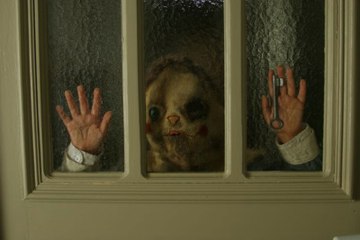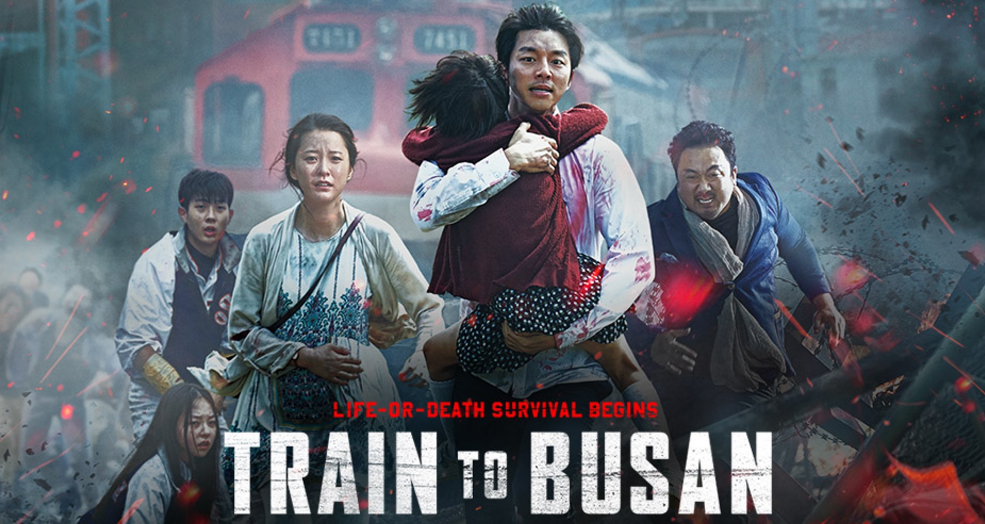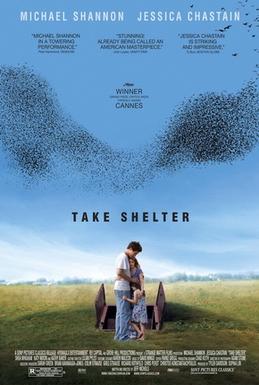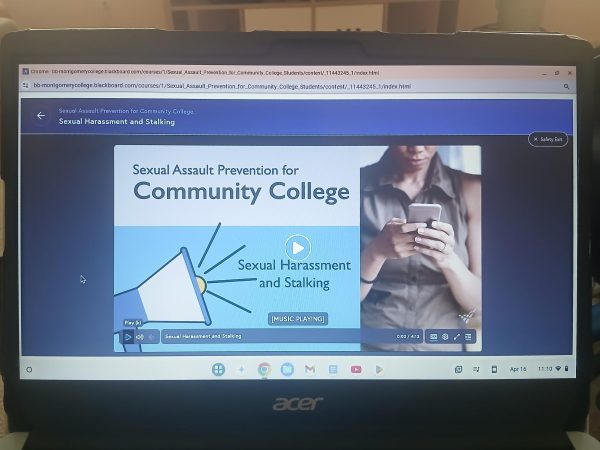Unorthodox Horror Movies for Your Halloween
Though hardcore horror fans may not mind, it is hard to deny that many horror movies can feel formulaic or similar to one another. If you’re seen many movies that resemble Paranormal Activity or Insidious, consider watching one of these, somewhat unusual, horror movies this Halloween.

Photo credit, Picturehouse Entertainment
Pontypool (2008)
Perhaps the most unorthodox zombie movie ever made, Pontypool takes place almost entirely inside a small radio station in the Canadian town of Pontypool as a zombie outbreak unfolds. The claustrophobic atmosphere of the station and its isolation from the carnage outside give Pontypool a constant, tugging feeling of dread, and while the film indulges in some
typical zombie-movie gore, most of the most shocking horror comes from audio clips sent in to the radio station.
However, the oddest thing about Pontypool is the zombie virus itself. It appears to be spread by language, turning its victims into incoherent, babbling monsters, fixated on a single phrase—in the words of the movie’s doctor “a crude radio signal”—whose lust to kill is driven, somehow, by their desperate need to be understood as they fall into incoherence. This departure from the typical bite-focused format of the normal zombie movie makes Pontypool both deeply unsettling and a thrilling and interesting watch.
Train to Busan (2016)

A more conventional zombie movie than Pontypool, the zombies in the South Korean Train to Busan behave in more classic zombie fashion: snarling and biting and chasing after survivors, they are indistinguishable from recent genre classics like Dawn of the Dead and 28 Days Later. The pain and fear of losing a loved one features prominently, as a fatherand his young daughter, along with a rag-tag band of survivors, attempt to travel to the uninfected city of Busan aboard a high-speed train as the outbreak begins.
What marks Train to Busan out from the crowd of formulaic zombie movies is the inventive situations that the survivors find themselves in as they battle zombies on a train. There are no heroic action-heroes wielding guns or chainsaws. Instead, the survivors react like most people would in the situation: running for their lives and finding inventive ways to hide. In addition, the ending packs a tremendous emotional punch which will likely have you in tears.
It Follows (2014)
It Follows rigorously eschews easy jump scares in favor of a (literally) slow-moving terror which will never stop pursuing its victims. Set in bleaky-rendered suburban Detroit, a teenage girl has a one-night stand with her handsome date, only to awake tied up in a chair, and told that she has inherited a sexually-transmitted demon which will follow her, every day, every night, until she rids herself of it by passing it on (sexually) to another person. The demon takes the form of a person only she can see, who will unstoppably, slowly, walk in her direction until it catches up with her.
While the slow-burning horror will leave you looking over your shoulder for days, It Follows also provides food for thought owing to the many interpretations possible of its meaning. A commentary on a lost, directionless young generation? A meditation on post-industrial American blight? A criticism of today’s permissive youth culture? You decide.
The Orphanage (2007)
A woman returns to run the orphanage where she grew up, only to find that her son has developed an ‘imaginary friend’ which may have something to do with his subsequent disappearance—the story of the Spanish-language horror hit The Orphanage has the makings of classic, and somewhat formulaic, haunted-house horror. What sets the movie apart is that while most haunted house movies have people running from the ghosts, Laura, the protagonist of The Orphanage, pursues them in a brave, desperate quest to find her son. The ghosts, while very scary (what is scarier than creepy children?), seem almost uninterested in the adults at times, creating an interesting reverse of the typical ghost story. Another tear-jerking ending ensues, though it is a satisfying and intelligent story.
Take Shelter (2011)
 Straddling the genres of horror and psychological thriller, Take Shelter has few peers when it comes to dread-inducing downward spirals, where disaster is looming for every character and nothing can be done to stop it from coming ever closer. A taciturn oil worker with a young family becomes plagued by vivid dreams of the apocalypse in which an oily yellow rain causes people to attack one another. He becomes convinced that the dreams are real and his behavior becomes increasingly bizarre and erratic, with disturbing consequences for his and his family’s lives. As the movie progresses, the line between reality and fantasy starts to dissolve, and catastrophe—of whatever kind—seems sure to strike the family at any moment. The twist ending is open to interpretation; no easy answers are provided by writer-director Jeff Nichols.
Straddling the genres of horror and psychological thriller, Take Shelter has few peers when it comes to dread-inducing downward spirals, where disaster is looming for every character and nothing can be done to stop it from coming ever closer. A taciturn oil worker with a young family becomes plagued by vivid dreams of the apocalypse in which an oily yellow rain causes people to attack one another. He becomes convinced that the dreams are real and his behavior becomes increasingly bizarre and erratic, with disturbing consequences for his and his family’s lives. As the movie progresses, the line between reality and fantasy starts to dissolve, and catastrophe—of whatever kind—seems sure to strike the family at any moment. The twist ending is open to interpretation; no easy answers are provided by writer-director Jeff Nichols.
Harry is studying for an associate's degree in civil engineering at Montgomery College. He takes a keen interest in technology, the environment and international politics. Before attending Montgomery College, he spent three years working as a middle-grade English teacher. In his spare time, he loves cycling and playing soccer, and his main life goal is to own at least two dogs.









Bright • May 15, 2021 at 6:07 am
Horror movies are one of the best categories of movies one can get and also they are among my favourite. Due to this, I have been looking for the best ones to check out and have visited so many sites. But so far, your site has been one of the best I have been to, this is because it gave me some really cool movies to check out. Well, I would like to thank you for sharing this post, keep up the good work. You might also want to check out this link and HDPopcorns. I would be glad and grateful if you like them.